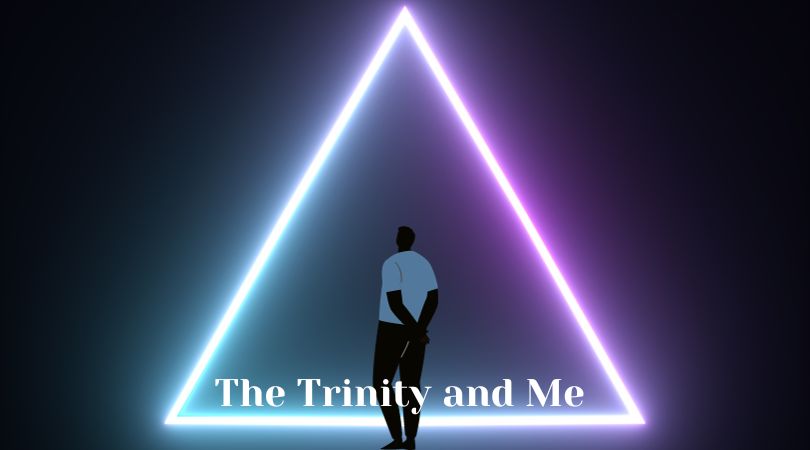
By Pastor Royston Smith
I identify with you. I can understand. I can relate. It is painful. It is hurtful. It is burdensome. Your friends are talking about you behind your back. Their words do not square up with their actions. You feel undermined. You are being scandalized. This betrayal creates hurts, tensions, and wounds. Your once precious relationship seems fractured beyond repair. If you’re anything like me, you struggle to forgive those who have hurt you deeply. The mention of her name generates anger, and resentment. They say I need to forgive but it’s much easier said than done.
Psychologists define forgiveness as a conscious, deliberate decision to release feelings of resentment or vengeance towards the person or group who has hurt you, whether they deserve it or not. This does not mean you condone their wrongs. The Bible teaches us that to forgive means to wipe the slate clean, to pardon, to cancel all debt. The Gospel of Luke states, “Forgive us our sins, for we ourselves also forgive everyone who is in debt to us” (Luke 11:4).
Recent studies have shown that actively practising forgiveness improves both our mental and physical health. Health professionals have discovered that forgiving those who have harmed us results in lowered blood pressure, cholesterol levels, and heart rate. When we forgive, our relationships improve, and we become more optimistic about life. One study also revealed an improvement in the quality of sleep.
In order to move on with our lives, we must be willing to forgive others. This one act sets us free and kickstarts the process of healing. The resulting peace of mind is priceless. When we refuse to let go of past hurt, we become so consumed by the wrongs that we are unable appreciate our present blessings. Future relationships will be stunted by a lack of trust. Forgiveness releases others from the pain they have caused us, and it allows us space to heal. The Apostle Paul wrote to the Ephesians in chapter 4:32, ‘And be kind to one another, tender-hearted, forgiving one another, even as God in Christ forgave you.’
When we realise we have hurt someone, we sometimes reluctantly seek their forgiveness to restore the relationship. Does forgiveness mean restoration? Do I need to be friendly with the person who has been cruel, and hurtful toward me? Forgiveness is not reconciliation, neither is it an instant loss of memory. Jesus said on the Cross, “Father, forgive them for they know not what they do.” There was no opportunity for reconciliation. In some cases, there is a reluctance to accept forgiveness, let alone reconciliation. It takes time. Anti-apartheid activist Alan Paton wrote, “it is not ‘forgive and forget’ as if nothing wrong had ever happened but ‘forgive and go forward,’ building on the mistakes of the past and the energy generated by reconciliation to create a new future.”
In the devotional ‘Today in the Word’ March 1989, psychiatrist Karl Menninger said that if he could convince the patients in psychiatric hospitals that their sins were forgiven, 75 percent of them could walk out the next day! God sees us through the eyes of a Father. He sees our defects, errors, and blemishes. Yet because of His love, God focuses on our value. God’s forgiveness is spurred by his nature, not by our worthiness. Jesus suffered cruelty and deep hurt. Even his very close disciple Peter, denied their friendship and stabbed Jesus in the back. His other eleven friends abandoned Him during his hour of greatest need. Yet still He forgave them. Even though we hurt Jesus when we are hateful and mean, He is still willing to forgives us. “If we confess our sins, he is faithful and just and will forgive us our sins and purify us from all unrighteousness” (1 John 1:9)
How does one truly forgive?
Let’s Pray
Dear Heavenly Father, thank you for loving us so much even though we hurt you. You are always willing to forgive. Teach us how to free ourselves and others too, as we learn to forgive. In Jesus’ name I pray, Amen.





